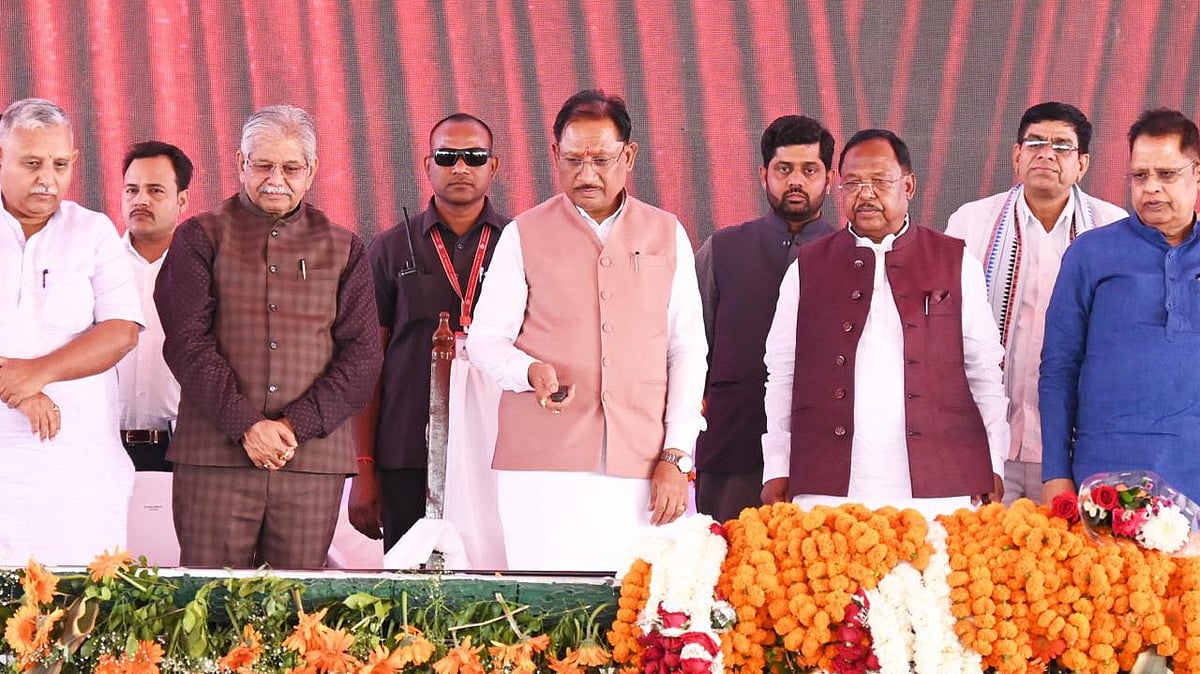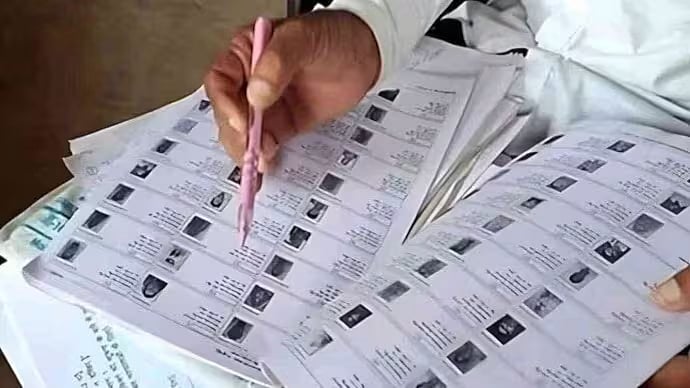Navi Mumbai: The City and Industrial Development Corporation (CIDCO) has issued a Request for Proposal (RFP) for the licensing of spaces at Navi Mumbai Metro Line-1 for retail and commercial use. A total of 8183 sq meters of space is available across 11 stations of Navi Mumbai Metro Line-1 for retail and commercial purposes.
Although the commencement date for the Navi Mumbai Metro's operation is yet to be determined, CIDCO, the special planner of Navi Mumbai Metro, is exploring avenues for non-fare box revenue (NFBR) to ensure the project's financial viability and sustainability.

CIDCO's Strategy for Revenue Generation from Alternate Sources
In addition to fare revenue, CIDCO intends to generate income from alternative sources, including advertisements, retail, food and beverages, as well as real estate development, both within and outside the metro stations.
The entire Line 1 route, stretching from Belapur to Pendhar, has already received approval from the safety commissioner of railways for commercial operation.
According to the proposal, approximately 1118 sqm of space will be available inside the 11 metro stations, while 7065 sqm will be available outside the stations. An official from CIDCO explained, "Each station will host at least two fixed kiosks and one movable kiosk. Additionally, two ATMs will be present." These facilities will be incorporated into the indoor retail inventory.
Furthermore, the ground floor of the station will accommodate outdoor retail spaces, with the largest area available at Kharghar Village and Amandoot stations, both with 2370 sqm of space each.
Daily Ridership Statistics
"According to a detailed project report, the projected daily peak hour ridership for Navi Mumbai is expected to reach around 76,598 by 2031. If services had commenced, the ridership in 2021 would have been 49,661, accounting for both boarding and alighting.
"Given that public transport projects like the Metro require substantial capital and maintenance investments, relying solely on farebox revenues is not financially sustainable," noted an official affiliated with the project. He emphasized that providing world-class commuter services demands significant financial resources, prompting CIDCO to explore additional revenue streams beyond the farebox.





